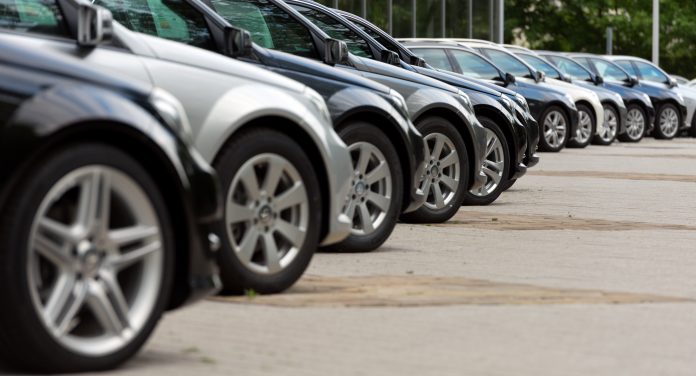Last week, Cox Automotive reported a 4.3% increase in wholesale used-vehicle prices in February.
According to the report, this is the largest monthly gain for February since 2009, although average values still declined 7% year-over-year. Cox Automotive attributes some of this change to seasonal adjustment. Non-adjusted changes in wholesale used-vehicle prices amounted to a monthly increase of 3.7%, and only 5.6% annually. With a difference of only 0.1%, prices remained extremely close to values throughout the period, while the average daily sales conversion rate increased to an unseasonably high 64.3%.
While the year-over-year decline in values and prices was visible between all market segments, the impact still varied between vehicle type. Prices for pickups dropped the least, falling only 3.9%, while luxury car prices suffered the most with a 10.1% decline. Unfortunately, despite gains in wholesale used-vehicle prices Cox Automotive estimates that used retail sales also decreased 5% month-over-month based on reported data from a set of same-store dealerships. This could be driven by an increase in new-vehicle sales, which rose 8.7% from last February and 9.1% from this January.
Ultimately, the dealer experience continues to vary between locations, with some storefronts raking in massive profits while others struggle to stay afloat. However, while used-car retailers may be disappointed by the market’s unstable early year performance, attitudes on the future car of the car market are clearing. In a separate report, Cox Automotive noted that dealer sentiment for the next three months in automotive retail had risen 11 points from Q4 in 2022, the first positive gain in roughly nine months. Many storeowners expect a strong market to return after March. While more normalizations in wholesale used-vehicle prices are likely in store, the promise of customers returning to the market should help alleviate fears in the preowned segment that 2023 will reflect last year’s struggles.



